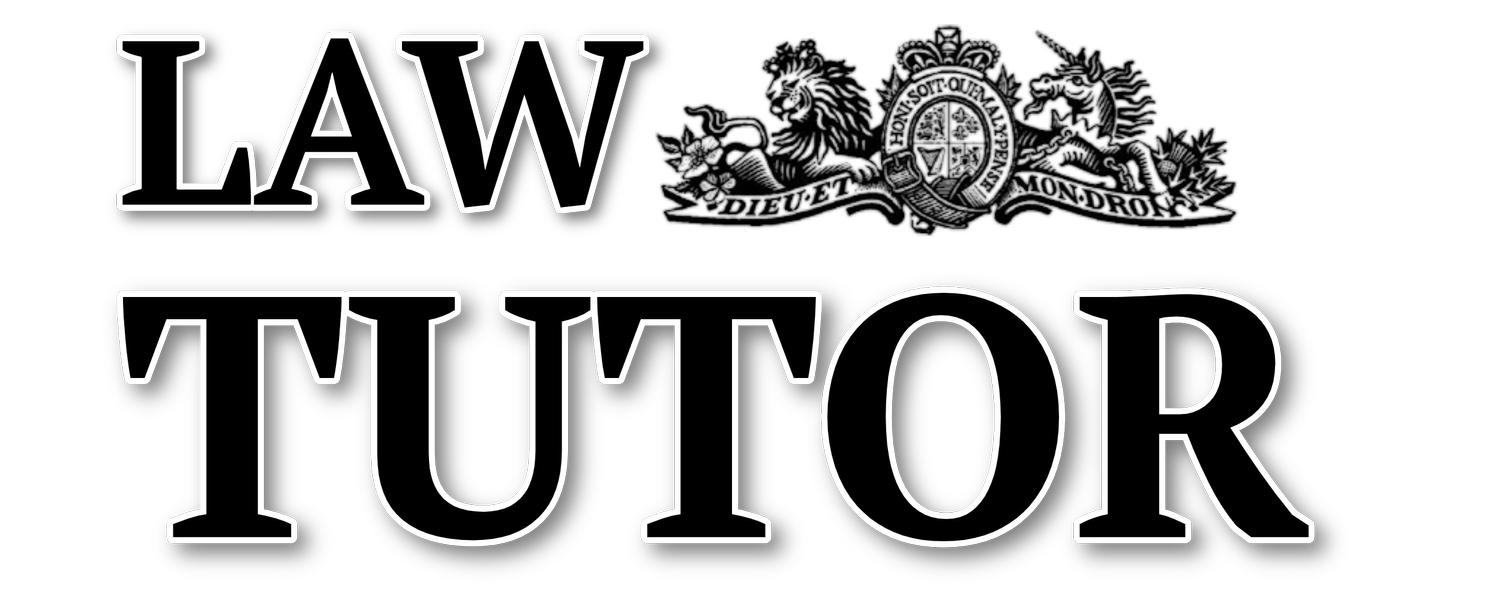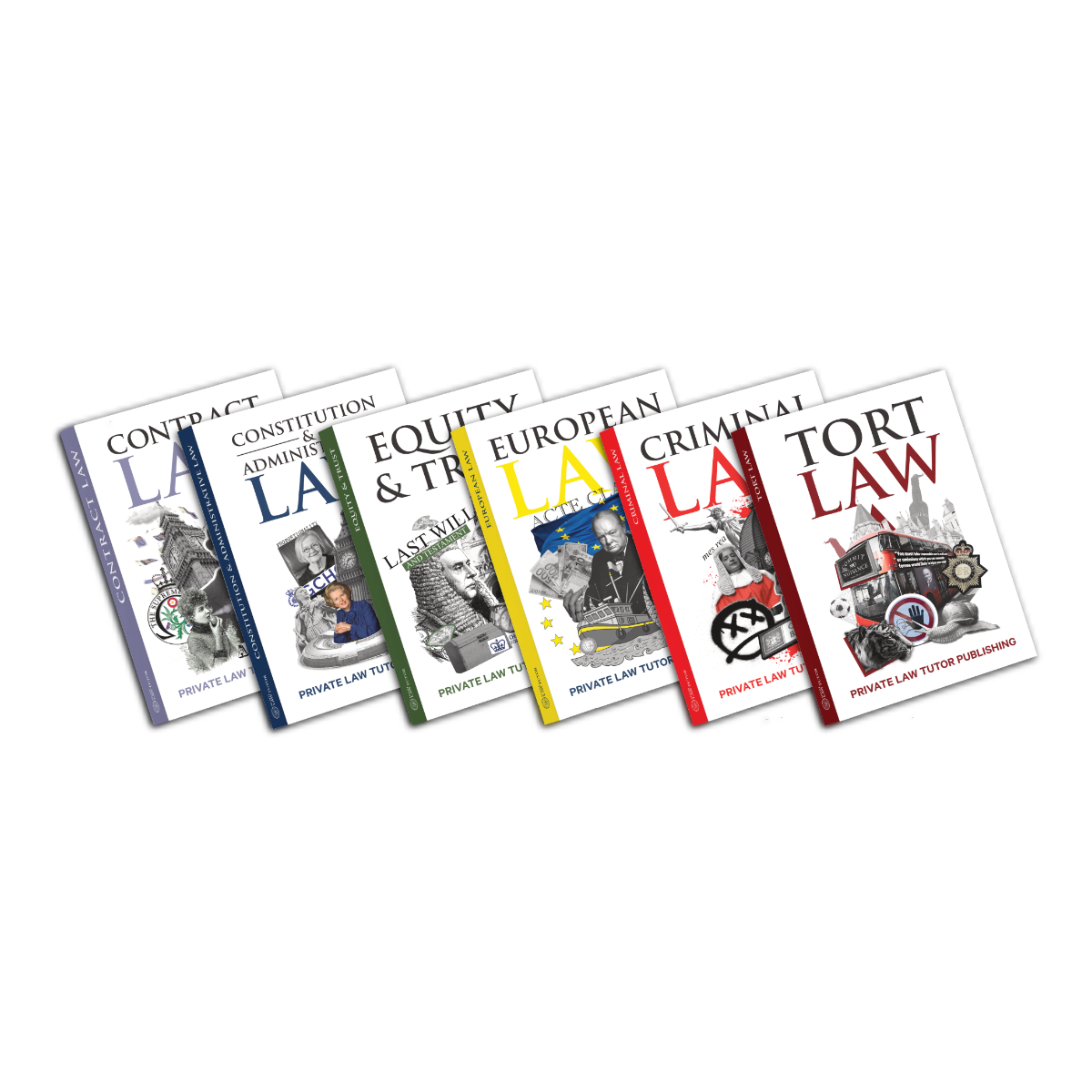Res ipsa loquitur
Res ipsa loquitur MEANING
This phrase Res ipsa loquitur may also be interpreted as "the facts speak for themselves." This adage is used in circumstances in which negligence on the part of the defendant is the only rationally tenable explanation for the harm sustained by the claimant. If the dictum is followed to its logical conclusion, the burden of proof will shift on the defendant to demonstrate that he did not act negligently. As a result, claimants who have difficulties showing precisely how an accident happened might benefit from using the maxim.
The claimant in the case Scott v London and St Katherine Docks & Co (1865) 3 H & C 596 was hurt when a quantity of huge bags of sugar fell on top of her. She was unable to provide an explanation for how this had taken place. Yet, since the defendant was in charge of the bags, the court was willing to infer that the accident had been caused by the defendant's lack of care; in other words, the sacks could not have fallen by themselves without the defendant's involvement.
There have been two schools of thought about the impact that the maxim has had. The first point of view, which was presented in the cases Colvilles Ltd. v. Devine [1969] 1 WLR 475 and Ward v. Tesco Stores Ltd. [1976] 1 WLR 810, is that the maxim establishes an inference of carelessness for which the defendant ought to produce an explanation. Yet, this does not change the fundamental premise that the claimant is still responsible for proving his or her case. The second interpretation, which was presented in the case Henderson v. Henry E. Jenkins & Sons [1970] AC 282, is that the maxim places the legal duty of disproving negligence on the defendant, which means that the burden of proof is switched around.
LAW BOOKS
The books that Law Tutor publishes are collections of legal notes that a barrister and a law lecturer wrote. These publications were created with students pursuing the University of London's LLB curriculum, CILEX examinations, and SQE evaluation criteria in mind. For the LLB, SQE, CILEX, PGDL, GDL, and UOL, you may utilise these law books and study manuals.


